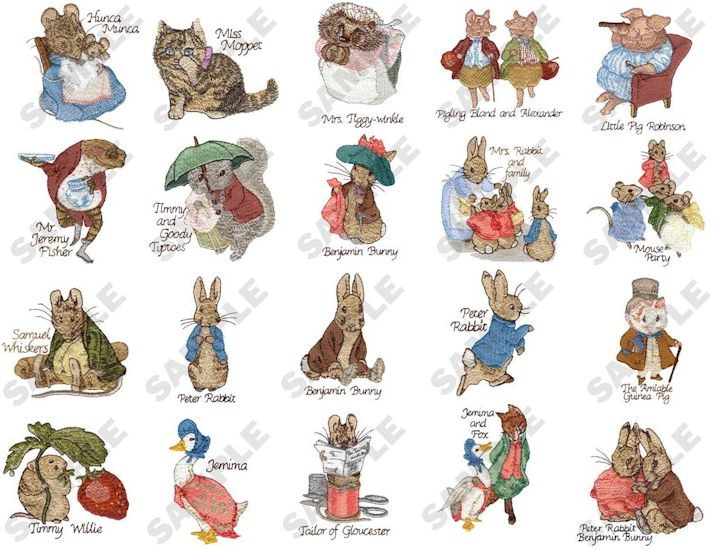An unprecedented stocktake of UK wildlife has revealed that most species are struggling and that one in three have halved in number in the past half century. The State of Nature report was compiled by 25 conservation groups including the Wildlife Trusts, the Mammal Society, Buglife and the Marine Conservation Society. The unique report, based on scientific analysis of tens of millions of observations from volunteers, shows that from woodland to farmland and from freshwater streams to the sea, many animals, birds, insects, fish and plants are in trouble. The key findings are presented here, and the full report is online: www.rspb.org.uk/stateofnature. Of more than 6,000 species that have been assessed using modern Red List criteria, more than one in 10 are thought to be under threat of extinction in the UK. The UK’s Overseas Territories hold a wealth of wildlife of huge international importance and over 90 of these species are at high risk of global extinction. Half of the species assessed have shown strong changes in their numbers or range, indicating that recent environmental changes are having a dramatic impact on nature in the UK. The report makes especially sobering reading with regard to invertebrates. The small things that run the world are suffering the greatest declines, especially moths, butterflies, ladybirds and ground beetles, these groups of insects have all declined between 65-70%! Many invertebrates are highly threatened, such as the Freshwater pearl mussel at risk of global extinction, and dozens of species have become extinct nationally such as the Short-haired bumblebee and Large copper butterfly. The intensification of farming has had far-reaching and ongoing impacts on wildlife. The loss of meadows, hedgerows and ponds, the increased use of pesticides, the abandonment of mixed farming, changes in cropping and the intensification of pastoral farming have all had a significant impact. Watch Sir David Attenborough launching the report at the Natural History museum, with the Minister for Biodiversity and State of Nature partners: http://vimeo.com/66800298#at=22 and listen to this amazing speech about the state of nature in Wales from Iolo Williams, a Welsh nature observer and television presenter, best known for his BBC and S4C nature shows: http://www.youtube.com/watch?v=FnJQjtvngqA
Sources:
RSPB
http://www.rspb.org.uk/ourwork/science/stateofnature/index.aspx
The Guardian, 21 May 2013
http://www.guardian.co.uk/environment/2013/may/21/uk-species-struggling…
Buglife
http://www.buglife.org.uk/News/State+of+Nature+Report

- Login om te reageren
